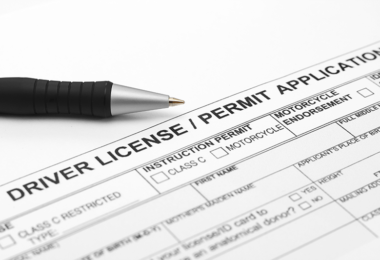Home / Modules / Components / Learner holding period of 12 months / Key research findings
Key research findings
- Longer learner periods have safety benefits. A U.S. national study revealed evidence in favor of a 9 to 12 month learning holding period and reported a 26% reduction in fatal crashes at age 16, and a 17% reduction at age 17.2 A meta-analysis of 14 studies representing 13 different states provided some limited evidence that a 12-month learner period produced the most safety benefits.3 These safety benefits likely result from these drivers being supervised and not driving independently without supervision.
- The safety benefits of a longer learner period may extend beyond the learner stage. A recent New Zealand study reported that increased time spent in the learner stage was associated with a reduced risk of collision involvement during the unsupervised restricted license stage – e.g., those with greater than 14 months on a learner license were 0.63 times less likely to have been involved in a crash during the restricted license stage when compared to those who spent the least amount of time on their learner license.4
- A longer learner period has the indirect benefit of raising the licensing age. Although two U.S. national studies (one examining fatal crashes and the other examining insurance claims of teenage drivers) did not find independent safety benefits for longer learner periods, but it is notable that increasing the learner period to 12 months would raise the intermediate licensing age in 23 states. Research shows that older intermediate age starts are associated with safety benefits.5





